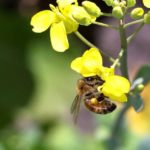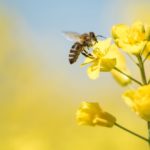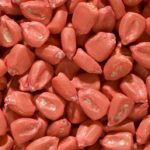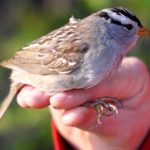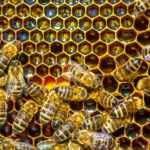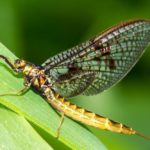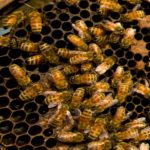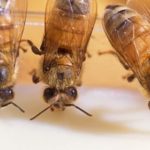Already facing federally mandated phase-outs from many major on-farm uses in Canada over risks to aquatic insects, neonicotinoids aren’t expected to pose “unacceptable risks” to pollinators when used on canola seed or hothouse vegetables in the meantime. Health Canada said as much Thursday as it released its final re-evaluation decisions for three neonic pesticides — […] Read more



